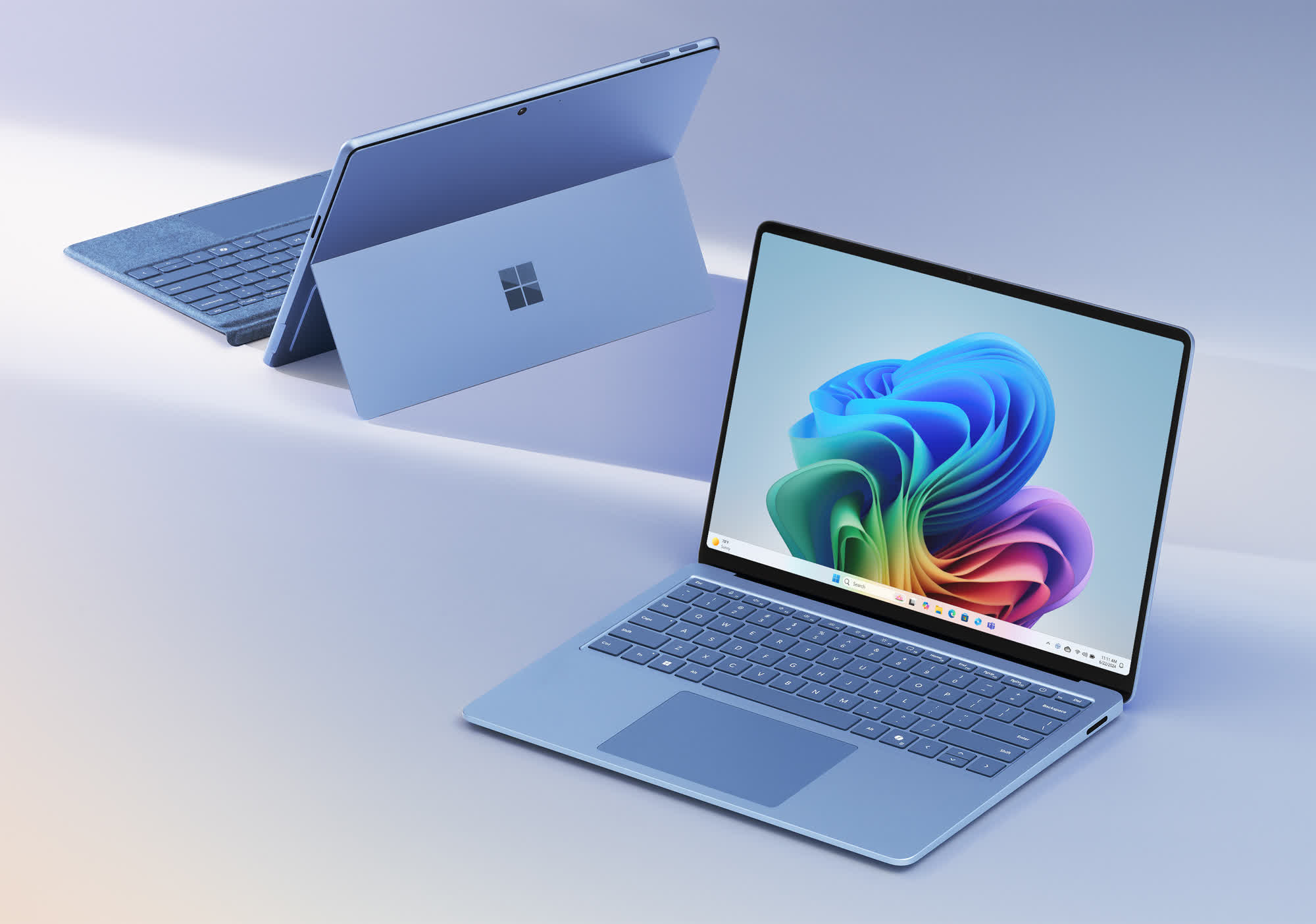Overview: Qualcomm chips powering the lineup of Copilot+ PCs that Microsoft has heavily promoted are based on designs that Arm claims Qualcomm does not have the rights to use. Amid its lawsuit, Arm stated that it wanted to halt the impending shipments of numerous notebooks, but Qualcomm disputes the complaint. The Copilot+ PCs will likely still launch next week, but the situation casts uncertainty on Arm's licensing deals going into 2025.
Microsoft, Qualcomm, and several other PC vendors will launch a series of laptops next week that Microsoft is promoting as a new foundation for Windows on Arm and the emerging AI PC trend. However, Arm claims that the inaugural Copilot+ PCs violate its intellectual property rights.
The trouble began after Qualcomm purchased Nuvia, which had a license from Arm to design processors for servers. When Qualcomm redirected Nuvia's efforts toward other projects, eventually leading to the Snapdragon X chips at the heart of the Copilot+ PCs, Arm canceled Nuvia's licenses, allegedly revoking Qualcomm's right to them. This is the basis of Arm's 2022 lawsuit against the chipmaker.

Qualcomm countered with the claim that its other Arm licenses already cover the designs used for the Snapdragon X. Furthermore, differing interpretations of Nuvia's contract may call Arm's power to terminate Nuvia's license into question.
In any case, Microsoft, Qualcomm, Dell, HP, Acer, Asus, Samsung, and Lenovo plan to launch Copilot+ PCs on June 18, and the lawsuit has virtually no chance of stopping the shipments. The Qualcomm v. Arm trial is set to begin in December, and some observers predict an out-of-court settlement.

Despite the looming legal battle, Arm is leveraging the renewed interest in its instruction sets to make bold claims about the future of Arm PCs. CEO Rene Haas predicts that 50 percent of Windows PCs will use Arm chips before the end of this decade.
The initiative aims to bring efficiency improvements to Windows PCs similar to the gains Apple achieved with its Arm-based Apple Silicon SoCs. Microsoft is also using the launch as an opportunity to join the AI PC trend alongside Intel, AMD, and Apple, which have begun incorporating NPUs for local generative AI processing.
Other companies, including Nvidia, are also preparing Arm PC chips. Arm might be using its rising popularity and the lawsuit to push its clients toward new, more lucrative licensing deals.
